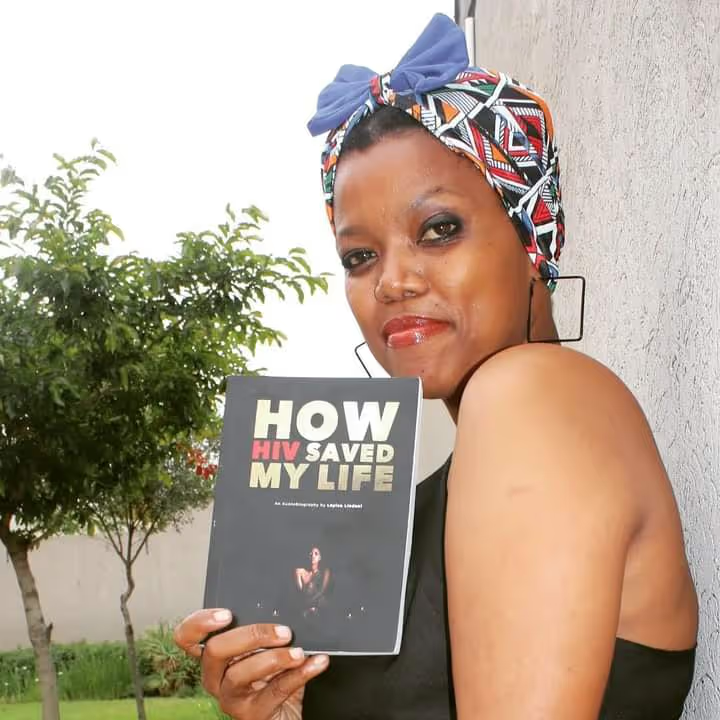The abuse of women by men they are in a relationship with or they know is an everyday occurrence in South Africa. It’s not unusual to learn that another woman has been assaulted, raped or even killed by their partners in South Africa. These incidents make daily news headlines but the perpetrators don’t seem to stop despite campaigns such as 16 Days of Activism for No Violence Against Women and Children and organisations like The Soul City Institute frowning upon and denouncing the abuse of women. The law describes domestic violence as any form of abuse, which includes physical, sexual, emotional, psychological or economic harassment, damage to property, stalking, entry into a person’s property without consent, any other abusive or controlling behaviour where such a conduct causes harm or may cause harm to your health, safety or well-being. Gender-based violence (GBV) has been a major crime committed against women at the hands of either their intimate partner, a family member or a man in their community. It has gotten to a point where it’s normalised ,which makes it hard to deal with it efficiently.
BEING ABUSED
East London-born Loyiso Lindani, author of How HIV Saved My Life, recalls a beautiful relationship she initially had with her partner that almost left her for dead. She says the abuse started with an argument one evening upon her return from work.The pair had been sharing a place to stay when they moved to Joburg because Loyiso was doing her internship and her boyfriend was trying to get their business off the ground. They had a vision of having their own company and being their own bosses. That fairytale was short lived as financial and gender role issues started to take a toll on the relationship. “Initially us living together wasn’t so bad although it could have been better. He was unemployed and soon that affected our relationship. We soon started arguing about my tiredness and inability to cook after coming home from work,” she says.
IT STARTED WITH A SLAP
Loyiso had no idea that these arguments would soon lead to physical abuse. She got the shock of her life when one evening during another argument he slapped her. “I was shocked and when I looked back at him asking if he had indeed done that. He slapped me again so hard that I fell on the bed. He got on top of me and started punching me. I found myself on the floor and he was kicking me so hard that for a long time I struggled to laugh because it was painful,” she sadly remembers. Her boyfriend turned the music volume up to ensure that people wouldn’t hear her screams. While beating her, he was complaining that she was not making him feel like a man. She is always tired after and doesn’t cook for him like a “good woman should. That night he raped me. I never told anyone about the rape. It was too shameful. I just spoke about the beatings because somehow that was easier to talk about,” she confesses.
JUSTIFYING HIS ACTIONS
Her bosses helped her find a safer place to stay to avoid any contact with him. After some time he started making contact with her on Facebook telling her how much he misses and loves her. Loyiso started to try to justify his actions. She says growing up in a violent and abusive home had made her normalise such traumatic experiences. She took him back only for him to become a monster. “I now realise it was my low self-esteem and lack of self-love that allowed me to do that because after I took him back he became more toxic and abusive than ever before,” she says.
BECOMING A STATISTIC
It was during another argument that she nearly lost her life at the hands of her partner. He pinned her on the floor and was strangling her so hard that she was unable to breath. She started to lose consciousness. “Just as I was accepting fate that I would be a statistic of a woman killed by her boyfriend, he let go and asked me to let him leave. I opened the gate and never saw him again,” she says. In many cultures, violence against women is considered acceptable within certain settings or situation. This social acceptability of violence makes it particularly challenging to address gender-based violence effectively, according to Safer Spaces organisation, an online knowledge sharing and networking portal for safer communities. Loyiso’s story is one of many stories we read and witness every day. The Safer Spaces says GBV also affects the rest of the family and more often than not many family members don’t even know how to effectively support the victim.
REASONS IT’S HARD TO LEAVE AN ABUSER
While it may be easy for some to suggest that the women who find themselves in these abusive relationships must just leave, it’s not that easy and the reasons vary according to one’s circumstances, according to Mara Glennie, the founder of TEARS Foundation. When you are in an abusive relationship, you might find you blame yourself for it, because your partner manipulates you into believing it is your fault. Feeling guilty about the abuse can also make you feel shameful about opening up to others about it.The problem is that many women are also ashamed of opening up about the abuse and this means more abusers get away with it. Most cases of GBV are based around the relationship becoming toxic or one of the partners changing and becoming abusive overtime. Sometimes there are red flags in the relationship such as the person turning to alcoholism or drugs, starting to punch walls or throwing things during an argument, control over the other person's phone or the male controlling what the woman wears, emotional manipulation and gaslighting.
FORGIVE AND ATTACK AGAIN
However sometimes there are no noticeable red flags and the attack is a ‘once off’ but the problem with this form of GBV is that the perpetrator is more likely to be forgiven and then attack again. In a marriage or relationship there is bound to be arguments but when these arguments turn violent, this is when action needs to be taken by the victim or the victims loved ones to help them to leave the relationship. The victim might be in denial or so in love with the perpetrator that they want to try to fix them but this is not good reason enough to endure the abuse; the perpetrator may have also manipulated them so much that they have cut off their loved ones and friends and are now isolated with the abusive partner being their only ‘real friend’.
WOMEN MUST BE SEEN NOT HEARD
Due to rigid gende roles throughout history, the male often controls the wealth and decision making within the family and if the woman tries to go against these gender roles by having a better job or earning more than the man, this might cause the male to lash out as they feel like their masculinity is being infringed upon. Even if the woman is quite opinionated the male may lash out as in certain cultures and in historical times, ‘woman and children should be seen but not heard’. This toxic outlook is bigoted, misogynistic and out-dated and no woman should have to put up with this in the 21st century.







